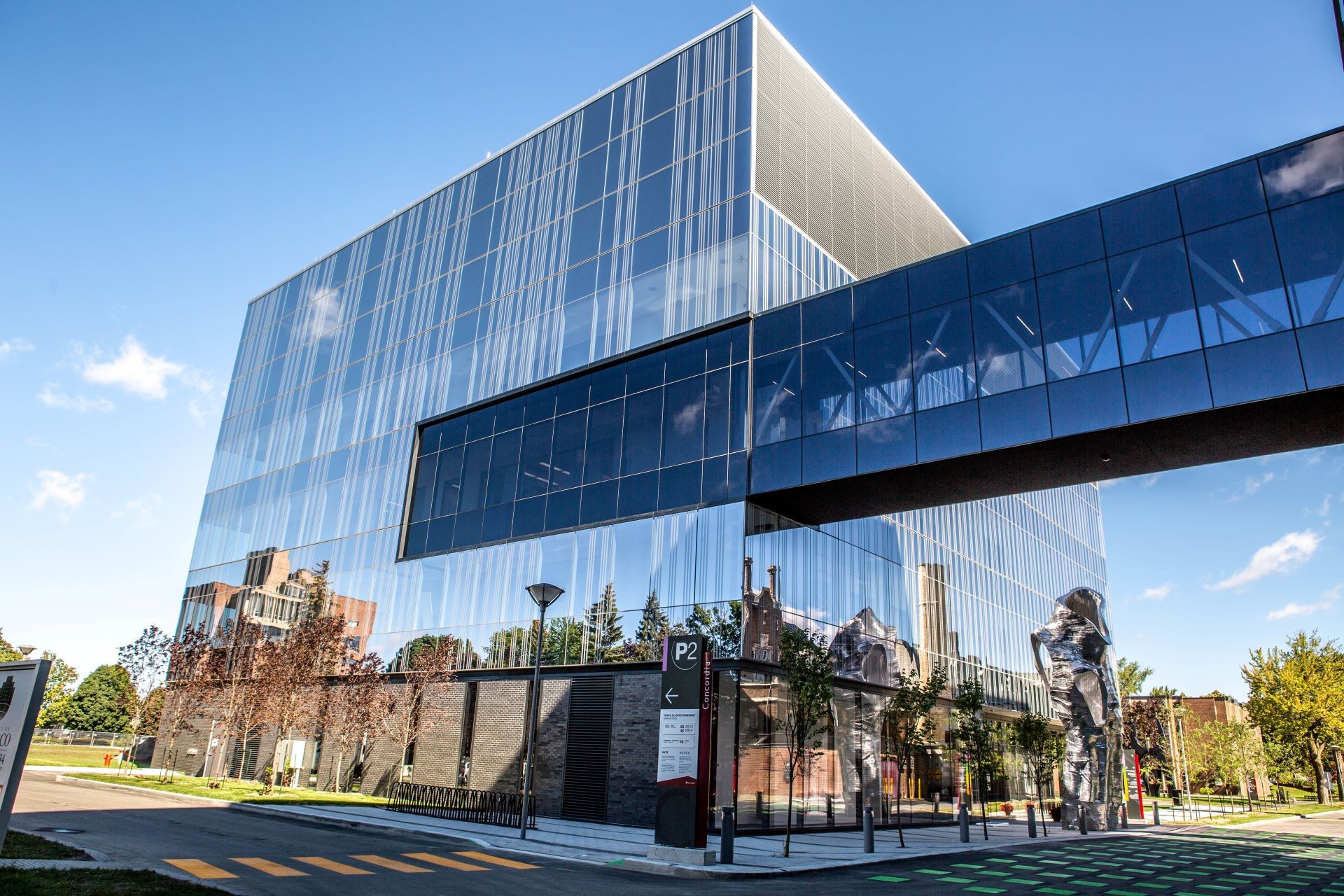‘Setting net-zero goals is one thing, delivering on them is another’

This article was originally published in The Hill Times on October 4.
Soon I’ll go to work every day in a laboratory. As a historian by training and a longtime university leader, you might think I’d be nervous about this change, but I couldn’t be more excited. Let me explain.
Last April, Concordia University launched PLAN/NET ZERØ, an ambitious project to tackle our main source of carbon emissions, the 80 buildings on our two campuses. To encourage multisector stakeholders to work together, we’ll transform our campuses into open “living labs” focused on achieving net-zero emissions.
As a first step, we issued an RFP for a deep retrofit of one of our main buildings in downtown Montreal. Working with industry collaborators, Concordia will overhaul its systems to reduce energy consumption, measure energy efficiency and cut greenhouse gas emissions.
Although my downtown office happens to be in this building, we’re beginning here because it’s a microcosm of campus activities. Connected to the metro, the building combines offices, classrooms, student services, restaurants and retail spaces. This mixed use and physical integration into the city’s core make it an exceptional testbed from which we, and others, can learn.

PLAN/NET ZERØ is Concordia’s first giant step toward achieving carbon neutrality by 2040. Because of its unique scale, the project will also offer a blueprint for cities elsewhere in Canada and around the world to develop and test scalable decarbonization solutions that meet their own local targets.
Setting net-zero goals is one thing; delivering on them is another. Perhaps the biggest infrastructure challenge to achieving decarbonization is getting a handle on how to retrofit the massive, diverse ensemble of existing buildings in every city and community in the country. For example, it’s estimated 70 per cent of buildings standing today will still be in use as of 2050. This statistic underscores that much of our collective decarbonization challenge is about retrofitting existing buildings, not just new construction.
It’s here that the scale of PLAN/NET-ZÉRO becomes critical. Serving tens of thousands of students, faculty, staff and visitors each day, Concordia’s building infrastructure supports a huge range of activities: academic, administrative, sports, research, performance and much more. Our campuses — one in the heart of downtown and the other in a residential neighbourhood — are home to buildings from almost every phase of Montreal’s architectural history over the last 150 years.
Our goal is to work with partners to design and implement a comprehensive strategy that will maximize savings and resilience. By integrating the energy grids of each campus — which will be a major accomplishment in itself — we can reduce consumption, store surplus power and then channel energy into surrounding neighbourhood grids at peak times.
With world-class research expertise in electrification, net-zero energy building design, and smart, resilient cities, Concordia and our partners are well positioned to deliver a decarbonization project of this magnitude. Last April, the Government of Canada supercharged sustainability research at Concordia with a $123-million grant from the Canada First Research Excellence Fund to lead a seven-year project on Electrifying Society.
We believe PLAN/NET ZERØ has unique potential, and not just in terms of engineering or technological innovation. It’s also an opportunity for financial institutions to collaborate with our business school and District 3 incubator to seed startups in the green-tech sector as well as to create baselines for evaluating risk and structuring funding for the major green-energy projects that are destined to become the new normal.
Getting to a new normal won’t be easy. We must recognize that it means fostering social acceptance and adaptability, both in terms of adopting novel technologies and new patterns of energy consumption. Municipal governments — indeed, all levels of government — need to develop evidence-informed policies to incentivize and support the green revolution.
Very soon, I hope to be co-writing op-eds with some of our partners from inside one of PLAN/NET ZERØ’s living labs.
More importantly, as a university leader and believer in higher education, I hope the experiments that Concordia is leading now will produce real solutions to one of the greatest challenges of our time, including through innovative academic programs geared to sustainability and tomorrow’s needs.
And let’s hope that, one day, all Canadians can enjoy going to work in intelligent buildings designed with beating climate change in mind.
Graham Carr is president and vice-chancellor of Concordia University in Montreal.
This opinion piece was originally published in The Hill Times on October 4.


